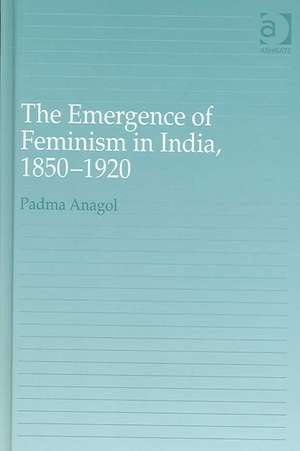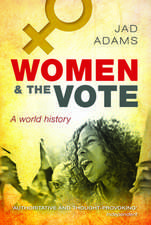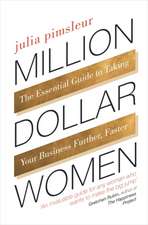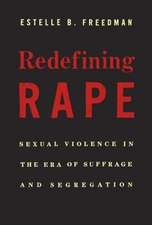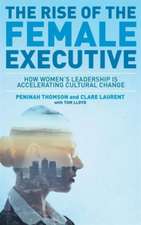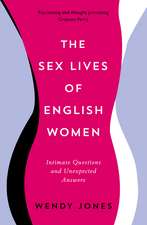The Emergence of Feminism in India, 1850-1920
Autor Padma Anagolen Limba Engleză Hardback – 15 dec 2006
Preț: 1059.14 lei
Preț vechi: 1291.63 lei
-18% Nou
Puncte Express: 1589
Preț estimativ în valută:
202.66€ • 212.17$ • 167.69£
202.66€ • 212.17$ • 167.69£
Carte tipărită la comandă
Livrare economică 05-19 aprilie
Preluare comenzi: 021 569.72.76
Specificații
ISBN-13: 9780754634119
ISBN-10: 0754634116
Pagini: 274
Dimensiuni: 156 x 234 x 18 mm
Greutate: 0.58 kg
Ediția:1
Editura: Taylor & Francis
Colecția Routledge
Locul publicării:Oxford, United Kingdom
ISBN-10: 0754634116
Pagini: 274
Dimensiuni: 156 x 234 x 18 mm
Greutate: 0.58 kg
Ediția:1
Editura: Taylor & Francis
Colecția Routledge
Locul publicării:Oxford, United Kingdom
Cuprins
Contents: Women's agency and resistance in colonial India: an introduction; Discriminating converts: Christian women's discourse and work; Beyond kitchen and kid: Hindu women's discourse and work; Women's assertion and resistance in colonial India; Women, crime and survival strategies in colonial India; Women as agents: Contesting discourses on marriage and marital rights; Indian feminism and its legacy: a concluding note; Appendix; Bibliography; Index.
Notă biografică
Dr Padma Anagol teaches British Imperial and Modern Indian History at the Cardiff School of History and Archaeology, Cardiff University, UK. Her research interests straddle gender and women's history of modern India with publications appearing regularly in journals such as History Workshop Journal. She is on the Editorial Board of South Asia Research; Cultural and Social History; Women's History Review and is also the Asia consultant for the BBC History Magazine.
Recenzii
'Rooted in densely empirical work and drawing on an archive largely unknown in western scholarship on Indian women, this is an original, well-written and erudite book.' Antoinette Burton, University of Illinois, Urbana-Champaign 'Dr Anagol takes us in this book on a pathbreaking - and exciting - journey through western India in the 19th and 20th centuries. She guides us through a gendered terrain that has been unknown in such extent and depth. She retrieves the agency in women’s actions and in their pasts, introduces us to new territory, and in so doing alters permanently our understanding of this time and place. This is major research of the highest quality and represents a highly significant contribution to understanding Indian history.' Jim Masselos, University of Sydney ’... a most welcome addition to the growing number of monographs on the history of Indian women in colonial India... This book is a must-read for those who study colonial history and would be a wonderful book to use in a course on Women/Gender in India.’ Labour/Le Travail ’... a detailed and convincing exploration of women's identity, autonomy, assertion and resistance in late nineteenth- and early twentieth-century Maharashtra... There is a great deal to admire in this book. Its skilful deployment of a range of sources draws one into a late nineteenth-century world of female activity, assertion and expression in western india, topics that up to now had only been treated superficially. The shift in focus away from Bengal and away from male-led reform campaigns is a welcome antidote to much existing scholarship. More importantly, by choosing an earlier chronological focus than most works on the Indian women's movement, Anagol is able to make a convincing and detailed case to support her central contention about the nineteenth-century roots of Indian feminism and to provide rich and detailed insight into the lives, aims and understanding of women of this period.’ International Journ
Descriere
This pioneering and innovative study paces women in India at the height of colonial rule at the centre of analysis. Drawing upon rare English and Marathi archival materials, Padma Anagol makes a compelling case for the birth of Indian feminism before the coming of Gandhi by also illustrating how collective movements to improve the status of women in India were based upon a consciousness of the inequalities in gender relations.
